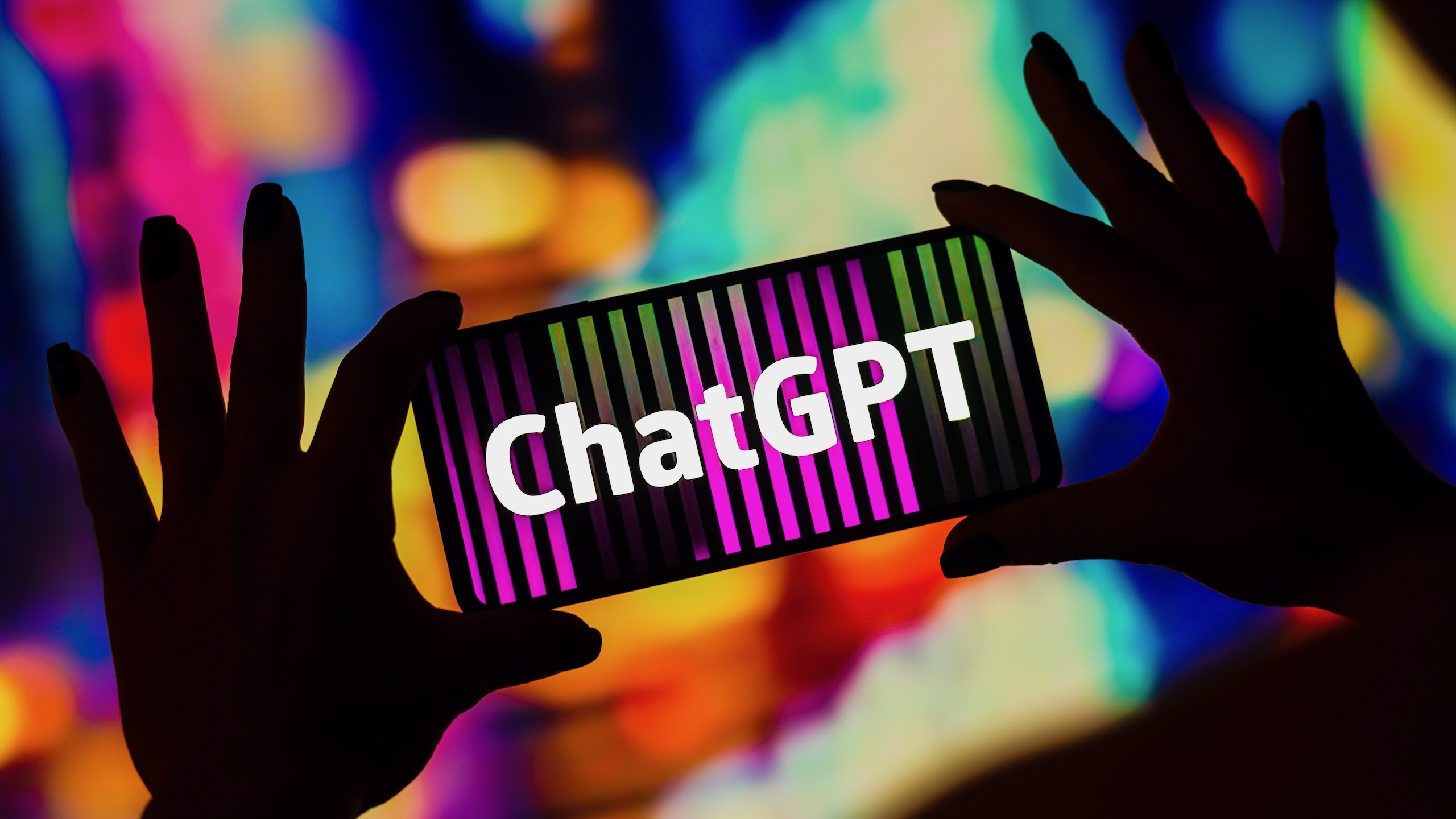People in Christian-majority South Korea are divided over the use of AI-driven Bible teachings in the church. While AI chatbots such as ChatGPT are popular with young Korean Christians, some people question the use of “soulless technology” in matters of faith.
According to local media reports, apps like Meadow, a ChatGPT-based Bible chatbot service developed by Korean AI startup Awake Corp., are telling Christians what to read, how to pray, and how to conduct church services when prompted to do so.

Church embraces technology. Or is it?
Meadow, which reportedly hit 50,000 downloads within the first three days of its launch, has gained traction with some local churches and Christian associations that want to use the AI as a “missionary tool,” KedGlobal reported, quoting an official from Awake Corp.
The AI application suggests Bible verses and customized prayers for Christians who share their problems with it. Meadow has become particularly popular with young Korean Protestants in their 20s and 30s, the report said.
Also read: Pope Francis Issues AI Ethics Guidelines, Calls for Human-Centered Development
Another AI-based app, Biblely, is used by 120 non-Catholic partner churches in South Korea. Developed by local startup Voiselah, Biblely is an audio Bible platform that generates audio Bibles recorded with different church leaders and pastors.
Churches pay to get their pastors voices on Biblely, which reportedly leverages generative AI to mimmick the voices. The tailor-made audio Bibles or sermons are then uploaded to both the Biblely app and YouTube for easy access. Biblely has about one million users in Korea.
AI accused of ‘heretical teachings’
But the tendency for AI models such as ChatGPT to “hallucinate”—producing complete lies as truth, often with confidence — is causing divisions among the Christian faithful in the Asian country. Many people are not willing to have a non-human lead their spiritual lives.
One university professor, Park Hyun-shin of Seoul-based Christian university Chongshin, has found that Meadows and other AI Bible chatbots may be leading some believers astray with teachings that are contrary to accepted Christian doctrine.
“I found heretical beliefs in 10 sermons written by ChatGPT. It is still too early to rely on ChatGPT in religious services,” Hyun-shin said.
While some pastors in South Korea have started to use AI in their work, there is widespread concern that the technology could replace human pastors altogether. Christians make up the largest religious group in the country.
According to a 2022 poll by market research firm Hankook Research, Protestant Christians — believers who are not Catholic — account for 20% of the Korean population, followed by Buddhists at 17%, Catholics at 11%, and other religions at 2%. The remaining 50% are not affiliated.
A separate survey of 650 Protestant pastors by the Korean Ministry Data Institute found that 20% of the ministers polled said they had used ChatGPT to create sermons, and another 60% said the conversational AI was useful for generating ideas for sermons.

Ubiquitous artificial intelligence
AI is now penetrating almost every important facet of human society, but the technology has also come with massive risks.
In June, Pope Francis released a handbook on the ethics of artificial intelligence through the Vatican. He outlined a set of principles that technology companies, such as ChatGPT creator OpenAI, should follow as they develop and deploy AI programs.
The guidelines argue that AI should be used for the common good of humanity and the environment. They also call for artificial intelligence systems to be transparent, accountable, and safe, apparently in order to help avoid an AI-fueled apocalypse.
Earlier that month, a church in Germany hosted a service led by an AI reverend who preached to over 300 congregants. The experiment sent tongues wagging throughout the Christian world.









 and then
and then